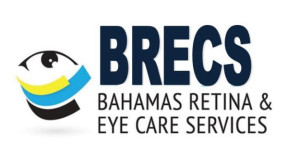CATARACT SCREENING AND SURGERY
With the advent of OCT, we can examine the retina, particularly the macula, in high resolution before cataract surgery. This is important because the cataract may not be the sole cause of visual impairment, and patients need to have appropriate expectations set before cataract surgery.
OCT makes it easy to identify subtle macular changes that may not be apparent when the fundus is examined clinically. Using the principle of optical interferometry, these devices acquire sharp, high-resolution views of the retina even when there is dense media opacity.
Talk to us about your eye problem.
